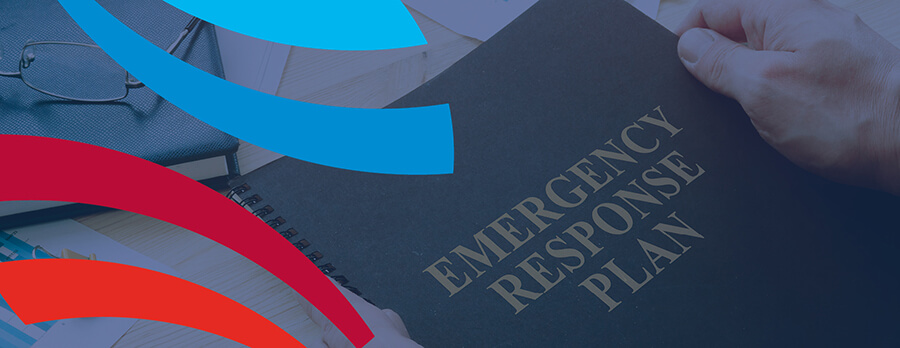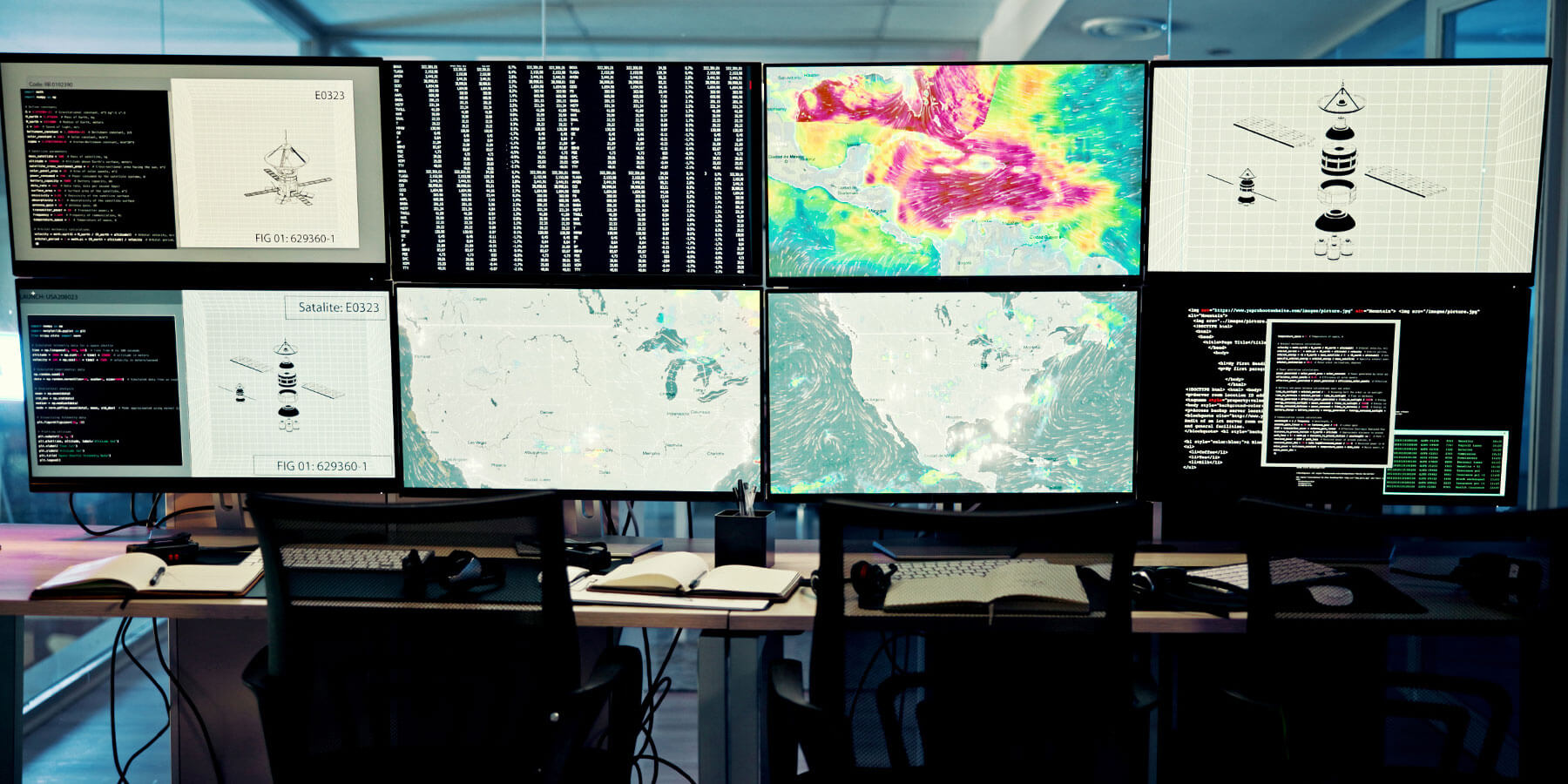September marks National Preparedness Month, when the focus sharpens on the critical need for comprehensive emergency planning. In emergency management, the capacity to execute a swift and efficient response during crises is not just a regulatory requirement but a strategic imperative. For business owners, response teams, and safety officers, the backbone of this capability is a well-crafted emergency plan. These plans serve as critical lifelines, guiding organizations from potential chaos to a state of control and preparedness.
Why Are Effective Emergency Plans Vital?
Effective emergency plans are essential for several compelling reasons. They significantly reduce the probability of injuries and fatalities, protect properties and assets against potential threats, and ensure the continuity of business operations. Moreover, these plans foster enhanced coordination during response efforts and help expedite recovery, fulfilling legal and regulatory obligations and preserving organizational reputation.
Who Needs an Effective Emergency Plan?
Every organization, regardless of size or sector, needs an effective emergency plan. This includes corporations, small businesses, educational institutions, government agencies, and non-profit organizations. The necessity of such plans transcends industry boundaries, making them crucial for anyone responsible for the safety of others and the continuity of operations.
An effective emergency plan must be comprehensive, lucid, and executable. Key elements include:
- Rigorous Risk Assessment: Identify potential hazards and vulnerabilities unique to the organization. This broad spectrum should include natural disasters, technological mishaps, and human-induced incidents.
- Comprehensive Emergency Procedures: Develop clear guidelines covering evacuation routes, shelter-in-place protocols, lockdown methodologies, and medical emergency responses.
- Robust Communication Framework: Establish reliable notification mechanisms and communication channels for timely information dissemination among employees, emergency services, and stakeholders.
- Clearly Defined Roles and Responsibilities: Assign specific duties to incident commanders, medical response teams, safety officers, and evacuation coordinators, ensuring everyone understands their roles during an emergency.
- Continuous Training and Drills: Regular drills and training exercises are critical to ensure familiarity with the emergency protocols and to keep skills sharp.
- Effective Resource Management: Maintain essential resources such as first aid kits, fire extinguishers, emergency lighting, and communication devices.
- Comprehensive Recovery Strategy: Develop strategies for rapid damage assessment, business continuity, and communication during recovery.
Constructing Your Emergency Plan
Creating an effective emergency plan involves a systematic approach:
- Assemble an Emergency Planning Team: Include representatives from safety, HR, facilities management, and IT to ensure diverse perspectives.
- Perform a Thorough Hazard Analysis: To prioritize planning initiatives and assess the likelihood and impact of identified hazards.
- Develop Clear Procedures and Protocols: Ensure these are straightforward and accessible to all employees.
- Communicate and Educate: Disseminate the plan across the organization and conduct regular training sessions and drills.
- Ongoing Review and Updates: The emergency plan should be regularly reviewed and updated to adapt to new risks and organizational changes.
As we observe National Preparedness Month, let it serve as a reminder of the importance of proactive planning. A well-constructed emergency plan is essential to an organization’s resilience strategy. Investing time and resources in developing or refining your emergency plan is a proactive step toward securing your organization’s future.
Consider engaging with industry experts or specialized consultants for organizations looking to enhance their emergency preparedness. These professionals can provide tailored insights and support in emergency planning and response. Remember, your safety and preparedness depend on robust planning today.
Contact us for more information on creating an effective emergency plan or to schedule a consultation. Your preparedness is our priority.



